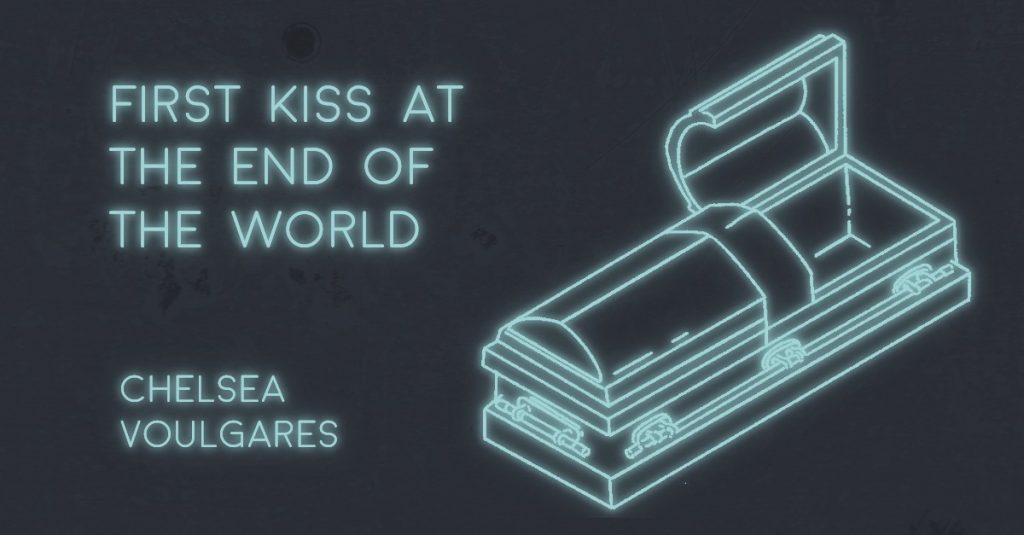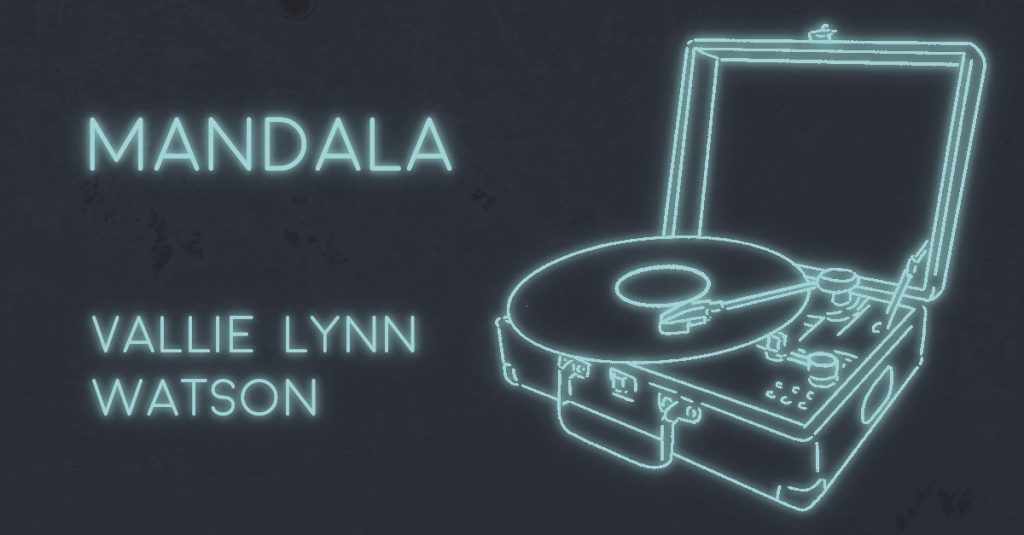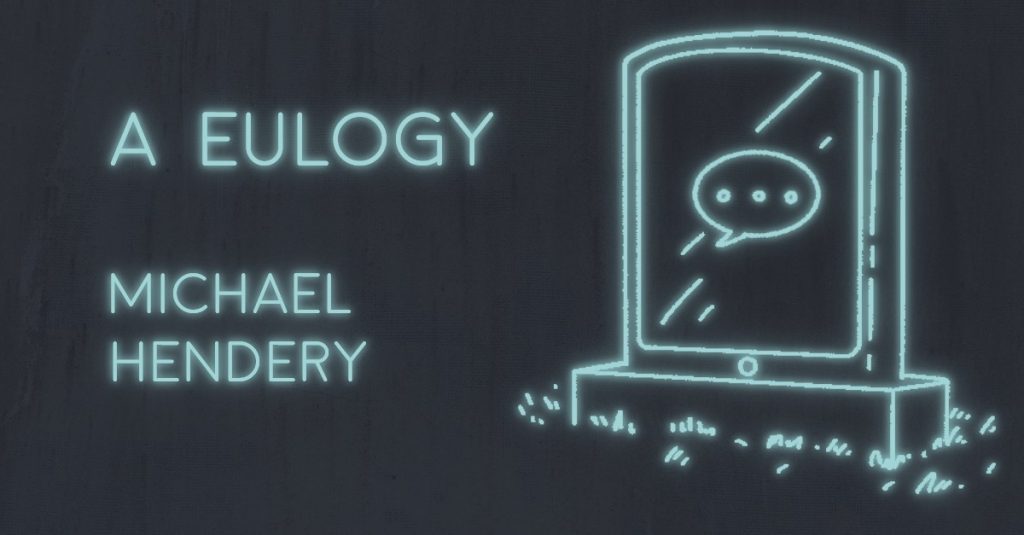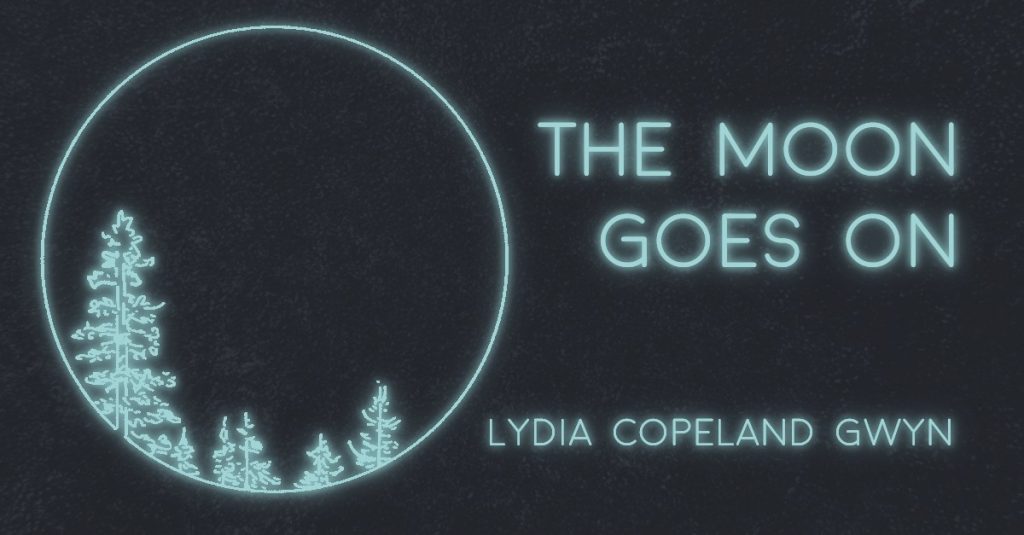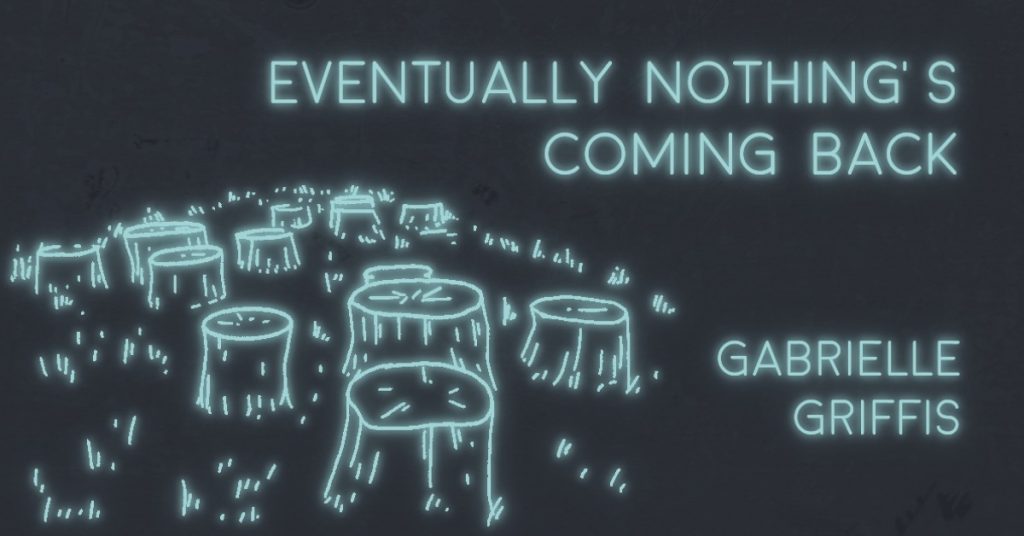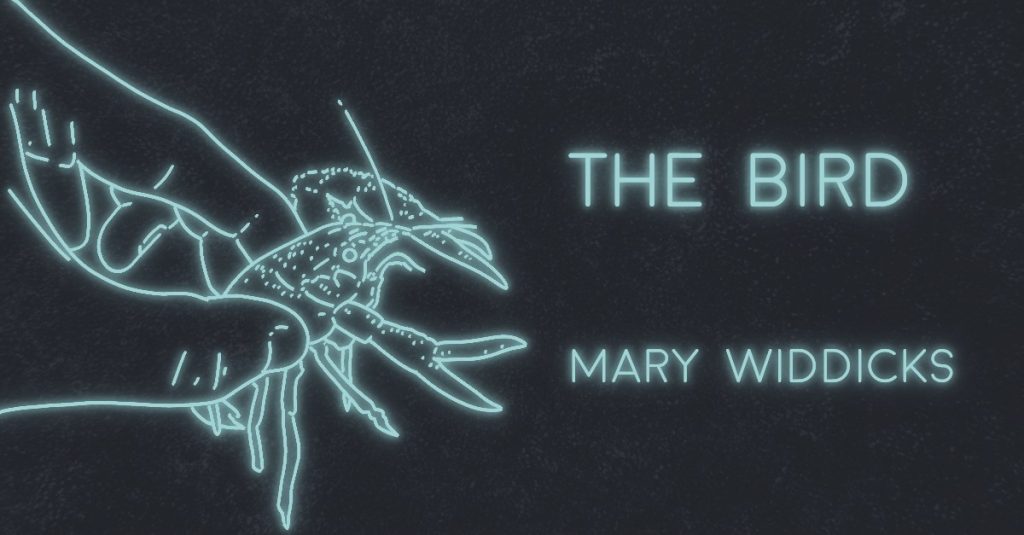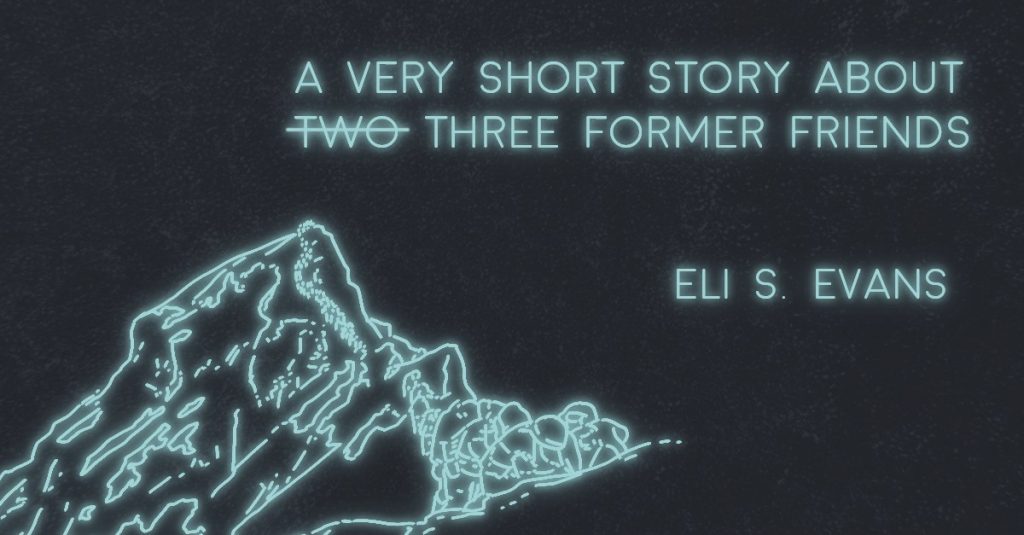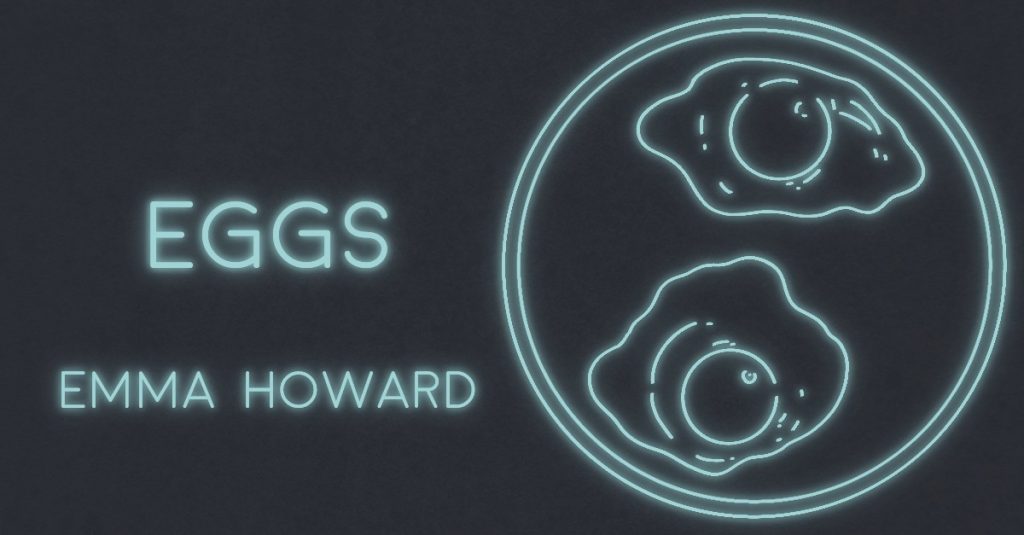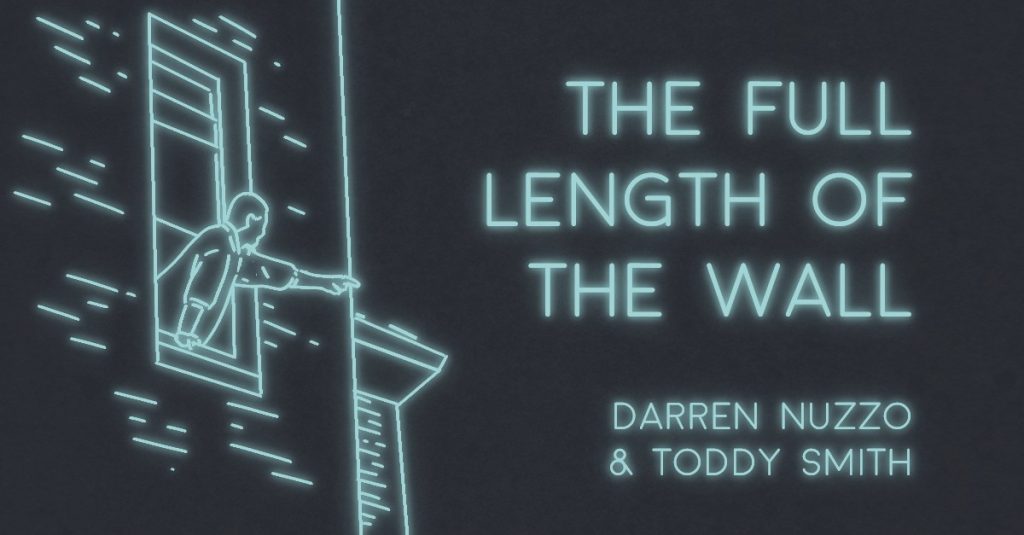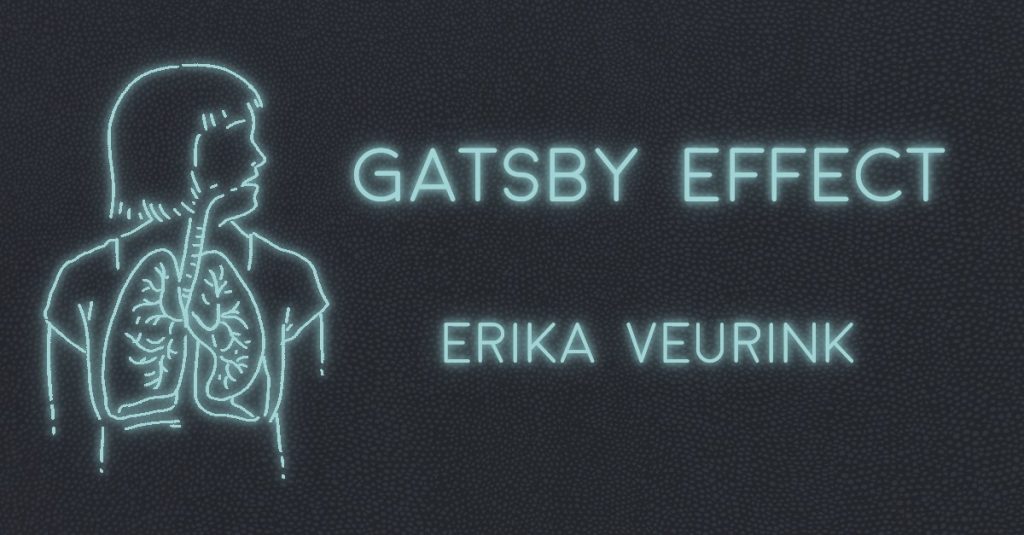
GATSBY EFFECT by Erika Veurink
The first time I had pneumonia, I wanted it to be seismic. I wanted it to almost kill me. Being fatalistic felt grown up. I laid in the West Village, drank gin from a jar and stared at where the wall hit the ceiling, the cross-like convergence, forever. “There are crosses everywhere.” That’s what my basketball coach told me once before a game. If I was nervous or worried about a freethrow, I would look for a cross–in the rafters, the painted lines of the court, the referee’s stripes. And salvation meant something. The first time I had pneumonia, when…

